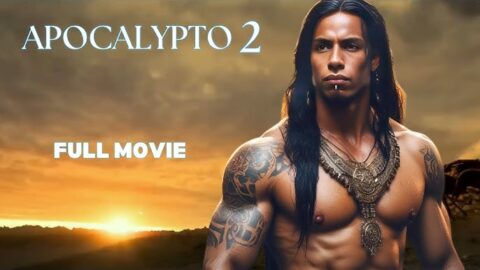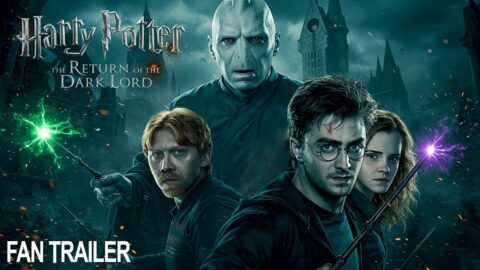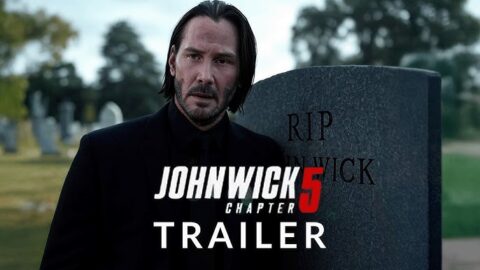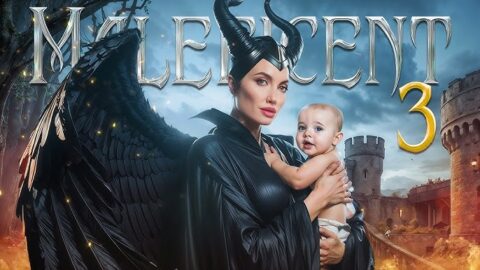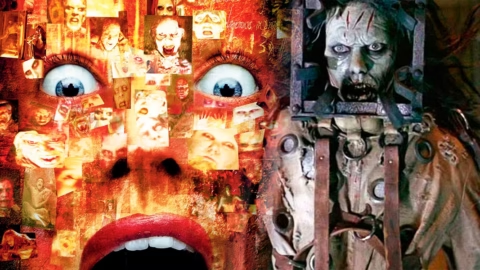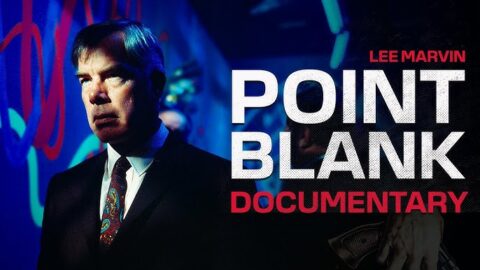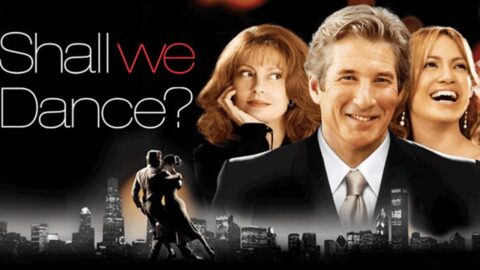Directed by James Franco
Based on John Steinbeck’s 1936 novel, In Dubious Battle brings to the screen a raw and politically charged story of labor unrest, class struggle, and collective action during the Great Depression. Directed by James Franco, who also stars in the film, the adaptation aims to capture the spirit of Steinbeck’s early social justice literature—gritty, impassioned, and urgent.
The film follows Jim Nolan (Nat Wolff), a young idealist who becomes involved with a radical labor movement in California’s apple orchards. Under the guidance of seasoned activist Mac (James Franco), Jim begins organizing exploited migrant workers to fight back against their brutal working conditions. As the strike builds momentum, tensions flare between the workers, landowners, and the law, leading to violent consequences and moral complications.
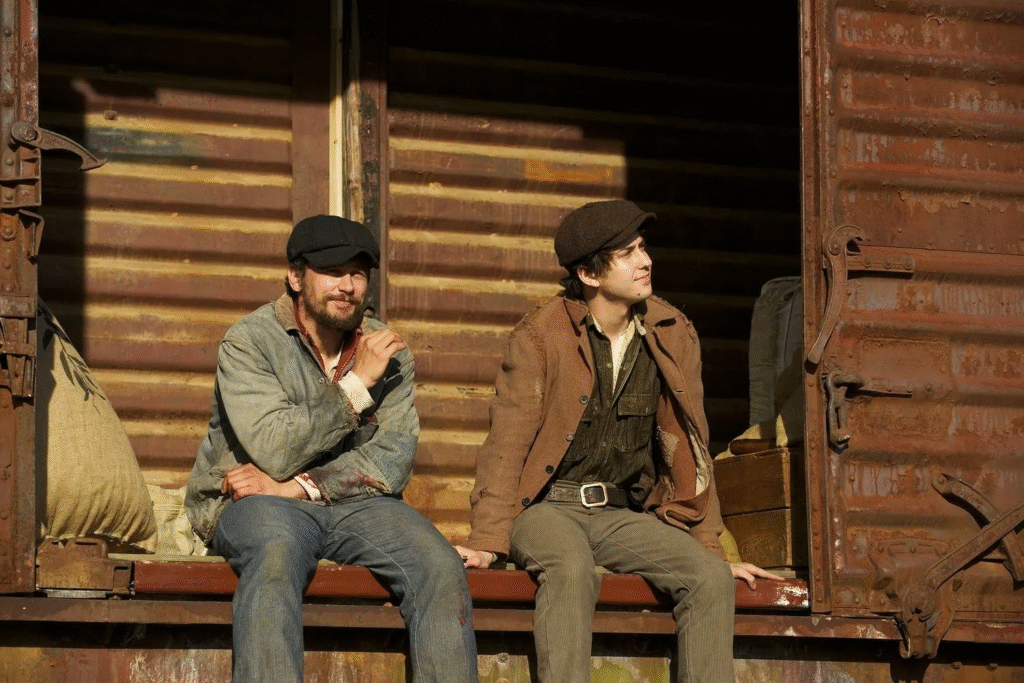
Franco assembles an impressive ensemble cast, including Vincent D’Onofrio, Robert Duvall, Ed Harris, Selena Gomez, Bryan Cranston, and Sam Shepard. While the star power brings attention and texture to the film, the sheer volume of characters sometimes detracts from the depth of individual arcs. Still, performances—especially from Wolff, Harris, and Duvall—offer grit and gravity to the film’s core themes.
Stylistically, In Dubious Battle embraces a bleak, earthy palette, underscoring the desperation of Depression-era rural America. The cinematography captures sweeping orchards and dusty towns, creating an atmosphere of both beauty and oppression. Danny Bensi and Saunder Jurriaans’ somber score adds to the film’s weight, reflecting the tension between hope and despair.

Though the adaptation doesn’t fully capture the layered psychological insights of Steinbeck’s novel, it remains a passionate attempt to highlight labor rights and the price of idealism. Franco’s direction leans into the film’s political urgency, but occasionally falters under the weight of its message, opting for broad strokes over nuance.
Still, In Dubious Battle stands as a well-intentioned and timely reminder of the power of collective resistance, even when victory seems impossible. For those interested in socially conscious cinema or literary adaptations that spark conversation, it offers a sobering glimpse into a chapter of American struggle that still resonates today.
